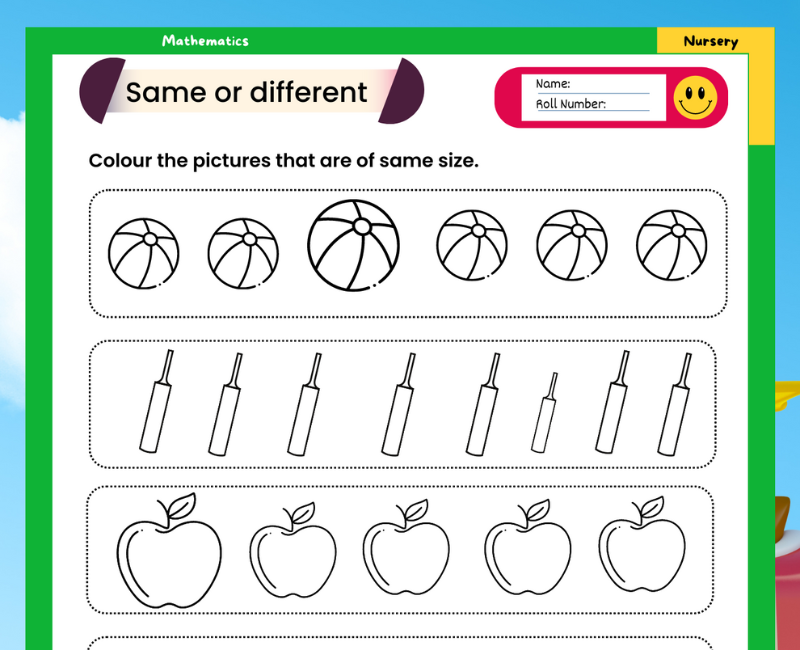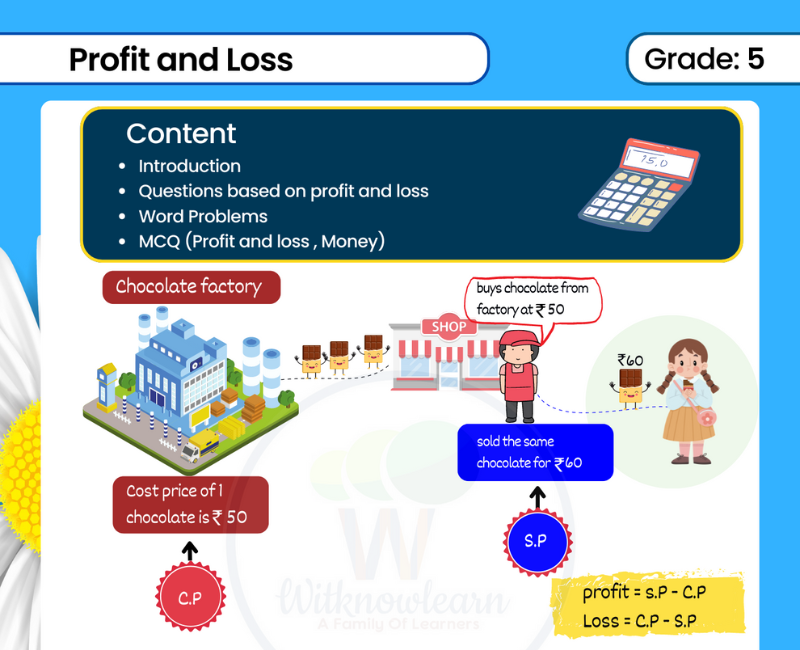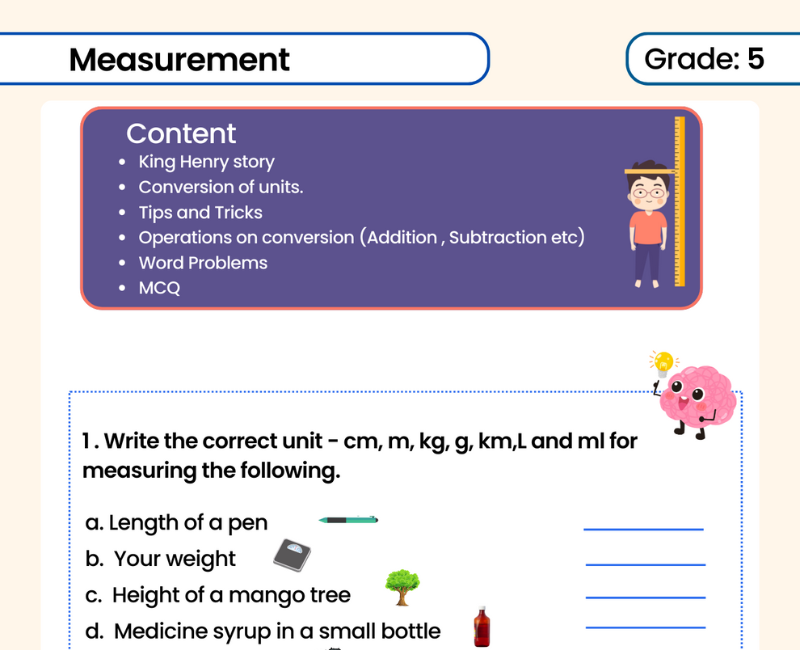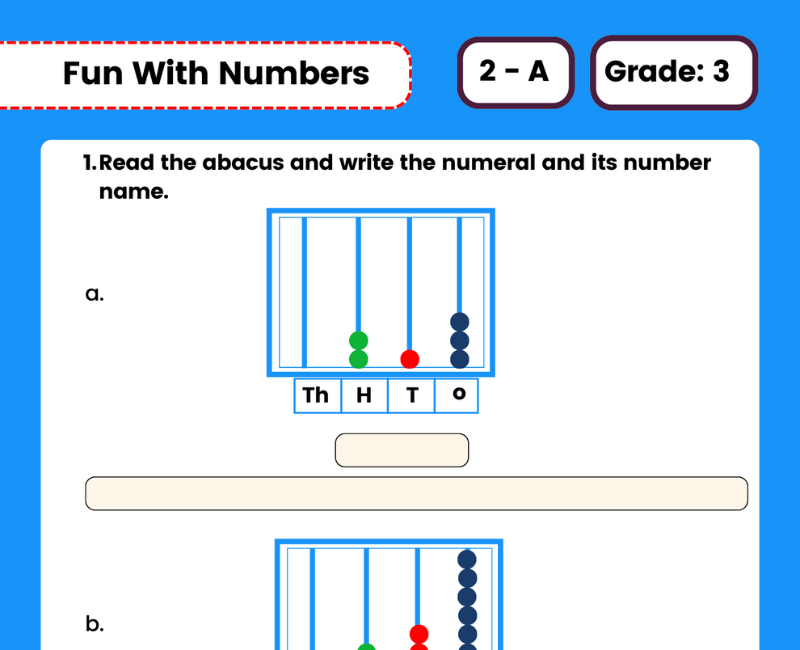Engage Your Little Ones with this EVS Colouring Season Worksheet for Nursery Kids
If you're a teacher or parent of nursery-aged children, you know how important it is to keep them engaged and learning. This EVS colouring season worksheet is a fun and educational activity that will help your little ones learn about the different seasons while also improving their fine motor skills.
Introduce the concept of seasons.
This EVS colouring season worksheet is a great way to introduce the concept of seasons to your nursery kids. It features four different scenes, each representing a different season. As they colour in the pictures, you can talk to them about the characteristics of each season, such as the weather, holidays, and activities associated with them. This will help them understand the changes that occur throughout the year and how they can prepare for them.
Provide coloring pages for each season.
Coloring pages are a great way to engage your little ones and help them learn about the different seasons. By providing coloring pages for each season, you can help them understand the unique characteristics of each one. For example, you could provide a winter scene with snowflakes and a snowman, a spring scene with flowers and butterflies, a summer scene with the beach and sun, and an autumn scene with leaves and pumpkins. As they color in each scene, you can talk to them about the different activities and holidays associated with each season.
Encourage discussion about the characteristics of each season.
As your little ones color in each season scene, encourage them to talk about the different characteristics of each season. Ask them questions like, "What do you like about winter?" or "What activities do you like to do in the summer?" This will help them understand the unique features of each season and develop their language and communication skills. You can also use this opportunity to teach them about the different holidays and traditions associated with each season.
Teach about the changes in nature during each season.
This EVS colouring season worksheet for nursery kids is a great way to teach them about the changes in nature that occur during each season. From the falling leaves in autumn to the blooming flowers in spring, each season has its own unique characteristics. By coloring in each scene and discussing these changes, your little ones will develop a better understanding of the world around them and the natural cycles that occur throughout the year.
Have fun and be creative!
This EVS colouring season worksheet is not only educational, but it’s also a fun and creative activity for your little ones. Encourage them to use their imagination and experiment with different colors to bring each scene to life. You can even turn it into a group activity and have them share their creations with each other, sparking discussions about the different seasons and the changes they bring. So, let your little ones have fun and be creative while learning about the world around them!
Engage your children in the beautiful world of season colouring through our nursery season worksheets. These season worksheets are perfect for introducing your little ones to the fascinating cycle of seasons and the diverse palette of colours that each season brings. A unique learning tool, each worksheet is specially designed for the nursery class, filled with exciting colouring tasks that make learning about seasons enjoyable.
Our worksheet nursery is not merely about colouring activities. It's a comprehensive resource that deepens understanding of the natural world, helps develop fine motor skills, and encourages creative expression. Each worksheet of nursery content we offer is tailored to the learning capabilities of nursery students, ensuring an optimal and engaging learning experience. Our worksheet on seasons presents a colourful journey through the year, letting children discover the different characteristics of each season.
What nursery wouldn't want a perfect blend of learning and fun? With our worksheets for seasons, you get just that. Our worksheet of seasons not only covers the basics about the four seasons but also delves into the associated colours, weather, and activities. If you're looking for a well-rounded seasons worksheet, you won't be disappointed with our offerings. Whether your child is in the nursery or kindergarten, our seasons worksheets cater to all levels of learning.
A significant aspect of our worksheet series is the nursery EVS worksheet, which blends environmental studies with season-based learning. Understanding the connection between seasons and the environment is crucial for young learners. Hence, our nursery EVS worksheets focus on providing age-appropriate knowledge that piques children's curiosity.
Seasons of colour is a popular topic in our nursery EVS worksheet. As the seasons change, so do the colours in our environment. It's an excellent opportunity for children to learn about the diversity of nature. The seasons colour concept is further expanded in the EVS nursery worksheet, where children get to connect the colours they see in their environment to the particular seasons.
A unique resource is our preschool EVS worksheet for LKG and the kindergarten EVS worksheets for nursery. These worksheets delve deeper into the connection between seasons, colours, and environmental changes. For slightly older children, we also offer EVS activities for class 4, which continue the exploration of seasons in a more advanced manner.
Our EVS worksheet for nursery class is one of our most popular resources. It’s designed to offer a comprehensive learning experience about seasons and their impact on the environment. Similarly, the EVS worksheet for JR KG further builds on this knowledge, offering more in-depth insights. The concept of EVS for nursery students is carefully woven into these worksheets, ensuring your little ones get the best out of their learning experience.
In conclusion, whether you're looking for a seasons worksheet for nursery students, an EVS worksheet for nursery class, or an advanced EVS activities for class 4, our comprehensive and engaging resources have you covered. Dive into the world of season colouring and let your children explore, learn, and grow with our carefully crafted worksheets.






